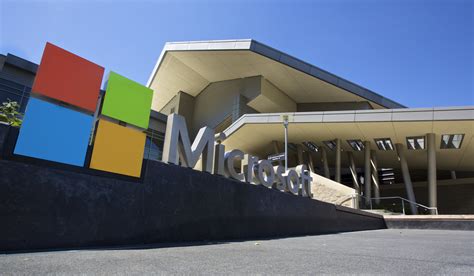In recent years, there has been a noticeable shift in the tech industry’s business models. Microsoft’s latest move to obscure local account setup instructions in Windows 11 is a quintessential example of this broader trend toward subscription-based services. This change is not merely a technical adjustment but reflects a deeper and more far-reaching strategy where user autonomy is increasingly compromised to lock consumers into continuous revenue streams. From a strategic standpoint, Microsoft’s aim is clear: transitioning traditional software users into a recurring revenue ecosystem, aligning with the broader industry’s aspiration for ‘Windows as a service.’ This pivot started with Windows 10 and has only become more pronounced as the tech giant matures its business model.
At first glance, this move might seem like a minor inconvenience – a slight frustration for users who prefer maintaining control over their system without corporate oversight. However, the implications run much deeper. This strategy is fundamentally about data and control. By funneling users into Microsoft accounts, the company gains richer data profiles, which can be monetized in various ways, from targeted advertising to upselling premium services. Such a model is not new. Apple, another technology stalwart, has employed a similar approach, albeit with slightly different methods. Their hardware-centric revenue allows them to weave services like iCloud into the user experience seamlessly. The overarching goal for both giants is increased user dependency on their ecosystems.
Yet, it’s essential to consider the broader consumer and societal implications of such moves. Subscription models inherently alter consumer behavior by shifting ownership paradigms. Where once users paid for software or hardware upfront, they now find themselves in a continuous payment loop, often for services and features they may not fully utilize. This incremental payment model can surreptitiously drain more money from consumers over time compared to one-time purchases. Critics argue that it transforms software from a user-owned tool into a managed service, where the boundaries of ownership become blurred. Users become perpetual renters rather than outright owners, subject to the whims and policy changes of service providers.
Moreover, the push towards mandatory online accounts has significant privacy implications. A Microsoft account essentially funnels all user activity through a single point of monitoring, creating extensive data logs that raise pressing concerns about data security and user privacy. This surveillance model can be unsettling, pushing privacy-conscious users towards alternative platforms and systems. Linux distributions, for example, have seen a resurgence of interest among tech-savvy individuals seeking to escape the data-driven models of mainstream operating systems. Free and open-source alternatives like Debian, Fedora, or even the more user-friendly Linux Mint offer pathways out of the walled gardens created by corporations like Microsoft and Apple.
Interestingly, as users react to these shifts, the tech ecosystem is also adapting. The community-driven nature of open-source projects means that alternatives often evolve rapidly to address the very concerns driving users away from proprietary systems. Take the rise of Proton, a compatibility layer for running Windows games on Linux, which has made significant strides in recent years. It’s not just games; productivity tools, development environments, and even enterprise solutions are becoming increasingly viable on open-source platforms. This adaptability might not yet threaten the hegemony of Microsoft or Apple on a global scale, but it signifies a growing grassroots movement that aligns more closely with values like transparency, privacy, and user control.
Ultimately, Microsoft’s recent actions should be viewed within the larger context of tech consumerism, where control increasingly lies in subscription services, continuous updates, and integrated ecosystems. As users, the choices we make send strong signals to the market. Opting for alternatives, advocating for privacy, and supporting open-source projects are potentially powerful actions in resisting the subscription-centric model that large tech corporations favor. While the convenience of integrated services and ‘everything-as-a-subscription’ may appeal to many, it’s crucial to stay informed about what we might be sacrificing in terms of privacy, autonomy, and overall cost. By understanding the underlying strategies of these tech giants, consumers can make more informed decisions that ultimately shape the future of the industry.


Leave a Reply